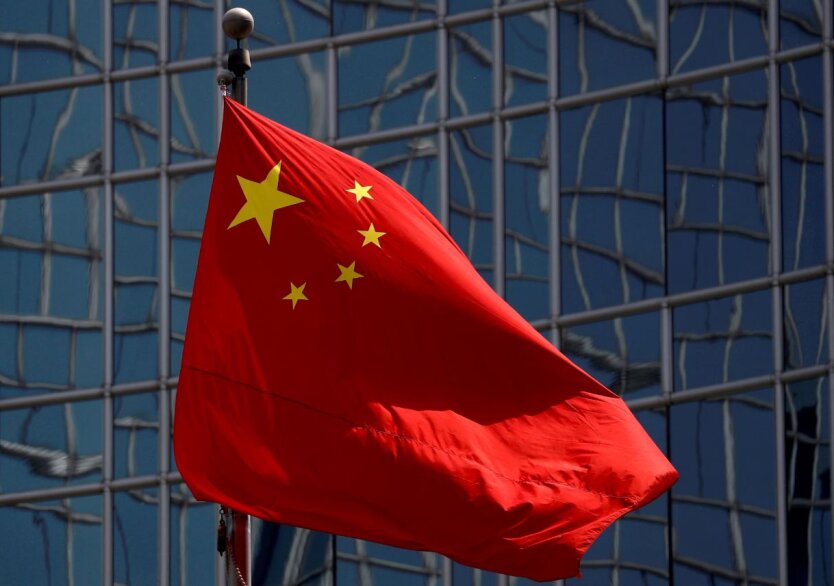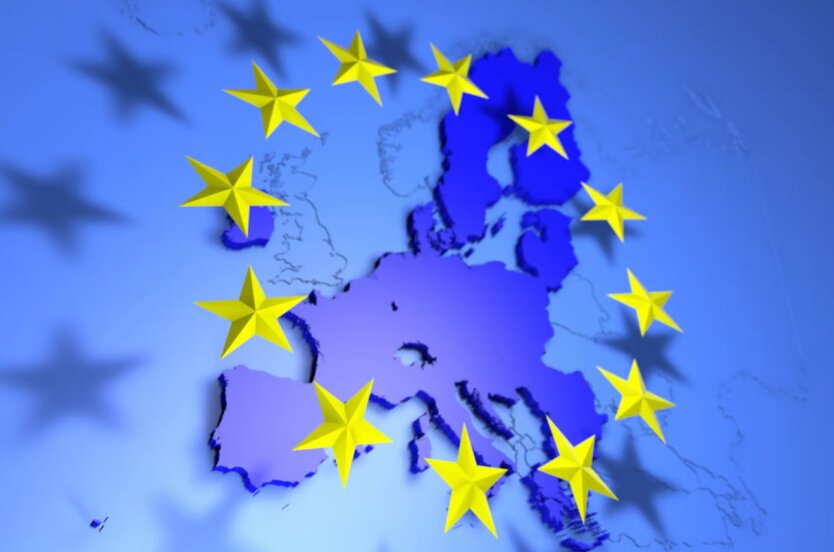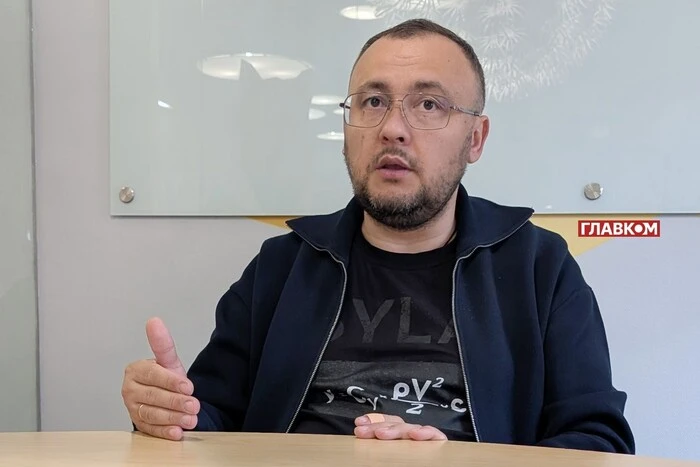China creates alternative to USAID in countries around the world.


China offers to fill financial gaps left by the closure of USAID
China is making a proposal to countries from the Indo-Pacific region to South America to fill financial gaps that have arisen after the crossover of operations and the cessation of the U.S. Agency for International Development (USAID).
According to a report by Politico, officials from Nepal, which is strategically important for China, have received such an offer, reports ZN.UA.
Additionally, in the Cook Islands, which are strategic islands in the Indian-Pacific region, it was stated that they expect the closure of USAID to create an opportunity for China's intervention. In Colombia, non-governmental organizations say that China may allocate funds for programs that were previously funded by USAID. Last year, the Agency allocated about 385 million to this country.
Politico notes that this is just the beginning. Analysts from both sides of the political spectrum believe that the cessation of USAID will undermine the global competition between the U.S. and China in the long term.
It has been reported that Democrats on the House China Committee have prepared a strategy for the Trump administration to explain the consequences of China's rise after the shutdown of USAID. However, Republicans on the committee are not inclined to defend the Agency and have stated that they have complete confidence in Secretary of State Marco Rubio, who has been appointed interim head of USAID.
Read also
- EU Summit: What was decided regarding sanctions against the Russian Federation, negotiations with Ukraine on accession, and financial support
- Another stage of prisoner exchange: Ukrainians who had been in Russia for over three years have returned home
- Rear regions created a strategic reserve for the groupings 'Khortytsia' and 'Tavriya' - OP
- Who stopped the exhumation? Ambassador reported the details of the information diversion arranged by Russians in Poland
- NATO General Explains How the 'Korean Model' Could Work in Ukraine
- The Armed Forces of Ukraine identified enemy military strongholds in Donbas










